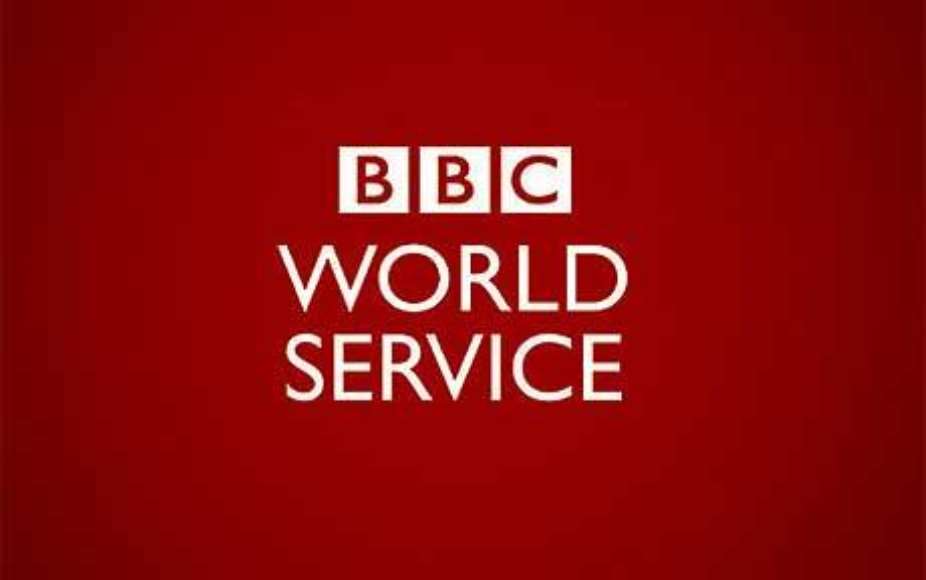As Kenyans prepare for the March 2013 general election, the BBC's monthly global debate programme, BBC Africa Debate, will be in Kenya to talk about the effect of tribalism on democracy.
Presented from Nairobi by the BBC's Audrey Brown and Karen Allen, the programme on Friday 30 November will look at tribalism and ethnicity in African politics. The debate is the culmination of a special week of programming across BBC Africa on the politics of tribalism.
The theme will be the focus of the BBC Swahili debate programme on the same day and will feature on Focus on Africa, the BBC's flagship programme for Africa on radio and TV, as well as BBC Swahili radio and TV, BBC Afrique and BBC Hausa services, and Newsday, the global breakfast show.
The Kenyan general election will be the first national ballot since 2007, when disputed results of the presidential elections opened up deep-rooted ethnic tensions, leading to widespread violence. More than 1,000 people were killed and an estimated 300,000 displaced. Four prominent Kenyans are to face trial for those clashes, but some fear little has changed.
It is not only in Kenya where ethnic loyalties run deep. Examples abound, from recent elections in Sierra Leone in the west to Rwanda and Burundi in the east – where the politics of division has caused massive bloodshed.
The administration of the newly independent South Sudan has been accused of tribalism - dominated as it is by the Dinka group of President Salva Kiir - while in South Africa, critics accuse President Jacob Zuma of trying to push people from his ethnic group into positions of influence and power.
The BBC will also look at African democracies which have bypassed the divisive influence of tribalism, such as Botswana – where adoption of a single national language, Setswana, is seen as instrumental in forging the country's strong national identity – and Tanzania whose independence leader, Julius Nyerere, is often credited for the creation of a national identity in a nation with more than 130 tribes.
Audrey Brown says: “It appears that human beings are inclined to stress their differences in the pursuit of power, rather than emphasize their similarities. In other parts of the world people reach for different things. It could be colour, religious affiliation, origin or whatever. In many African societies, tribe is the easiest difference to exploit to gain power.”
Audrey and Karen will debate the issue with an expert panel, comprising Dr Mzalendo Kibunja, Chairman of Kenya's National Cohesion and Integration Commission; Njeri Kabeberi, Executive Director of the Centre for Multi-Party Democracy; and Augustine Mahiga, the United Nations special representative for Somalia, who is originally from Tanzania. Other participants include a cross section of Kenyan and other African nationals.
This edition of BBC Africa Debate will be recorded on Friday 30 November between 10.00 and 12.00 local time at Strathmore Business School in Nairobi. It will be broadcast by BBC World Service at 19.00 GMT on the same day, and repeated at 13.00 GMT on Sunday 2 December.
The BBC Swahili debate will be recorded from 12.00 to 14.00 at the same venue, and broadcast at 15.30 GMT on Friday 30 November. The debate will also be online at bbcafrica.com, on Twitter – hashtags #bbcafricadebate and #tribalism, and on Facebook and Google+ - BBCAfrica.
The BBC attracts a weekly global audience of 239 million people to its international news services including BBC World Service, BBC World News television channel andbbc.com/news.
BBC World Service is an international multimedia broadcaster, delivering a wide range of language and regional services on radio, TV, online and via wireless handheld devices.
It uses multiple platforms to reach its weekly audience of 180 million globally, including shortwave, AM, FM, digital satellite and cable channels. Its news sites include audio and video content and offer opportunities to join the global debate.
BBC World Service offers its multilingual radio content to partner FM stations around the world and has numerous partnerships supplying content to news websites, mobile phones and other wireless handheld devices as well as TV channels. For more information, visit bbcworldservice.com.





 Former Kotoko Player George Asare elected SRC President at PUG Law Faculty
Former Kotoko Player George Asare elected SRC President at PUG Law Faculty
 2024 elections: Consider ‘dumsor’ when casting your votes; NPP deserves less — P...
2024 elections: Consider ‘dumsor’ when casting your votes; NPP deserves less — P...
 You have no grounds to call Mahama incompetent; you’ve failed — Prof. Marfo blas...
You have no grounds to call Mahama incompetent; you’ve failed — Prof. Marfo blas...
 2024 elections: NPP creates better policies for people like us; we’ll vote for B...
2024 elections: NPP creates better policies for people like us; we’ll vote for B...
 Don’t exchange your life for wealth; a sparkle of fire can be your end — Gender ...
Don’t exchange your life for wealth; a sparkle of fire can be your end — Gender ...
 Ghana’s newly installed Poland train reportedly involved in accident while on a ...
Ghana’s newly installed Poland train reportedly involved in accident while on a ...
 Chieftaincy disputes: Government imposes 4pm to 7am curfew on Sampa township
Chieftaincy disputes: Government imposes 4pm to 7am curfew on Sampa township
 Franklin Cudjoe fumes at unaccountable wasteful executive living large at the ex...
Franklin Cudjoe fumes at unaccountable wasteful executive living large at the ex...
 I'll 'stoop too low' for votes; I'm never moved by your propaganda — Oquaye Jnr ...
I'll 'stoop too low' for votes; I'm never moved by your propaganda — Oquaye Jnr ...
 Kumasi Thermal Plant commissioning: I pray God opens the eyes of leaders who don...
Kumasi Thermal Plant commissioning: I pray God opens the eyes of leaders who don...
